Police received a report from a man on Östra Farmvägen in the Kartrinelund area of the city who thought that he had been the target of a shooting.
“He said that he had heard some form of bang or a crack and we went over to speak to the man and search for any clues,” said Charley Nilsson at Skåne police.
Just prior to that several people got in touch regrading a shooting by a local store on Ramels väg.
“We we got there we found four empty cases and deemed that they came from a start pistol and not a live weapon,” said Nilsson.
He continued to point out that it remains serious if someone has let off a shot with a start pistol, not only because someone could get hurt, but also considering that it could contribute to the level of fear and concern regarding the wave of unsolved shootings.
“Furthermore it uses up time which we could otherwise use for something else and perhaps more important work,” Nilsson said.
On Monday evening police seized a car after the driver heard a bang and then the rear windscreen exploded.
“We was about to drive out of a garage on Ramels väg when he heard the noise,” Nilsson said.
Police do not believe that anyone has shot directly at the car or the driver, however.
“But we want to be certain and rule it out.”
Elsewhere on Monday evening, several hundred people gathered in a new demonstration against violence and social marginalization, in response to the shootings in the city.
“Together we are bulletproof,” read one of the banners.
At a press conference earlier in the day it was concluded that 19 of the 50 or so shootings which have occurred since October last year have been consigned the file marked unexplained which are now the focus of investigations.
“The profiling group have now gone through all the cases and come to the conclusion that there are good grounds to believe that it concerns the same perpetrator, but we can not get stuck on the idea,” said detective inspector Börje Sjöholm at Skåne county police.
Police have confirmed that one person has died and eight people have been injured as a result of the attacks which have been compared to the “Laserman” spate of shootings which occurred in the early 1990s.
Laserman was the nickname given to John Ausonius, who shot 11 people of immigrant origin, killing one, in and around Stockholm from August 1991 to January 1992.
Ausonius, who in many of the attacks used a rifle equipped with a laser sight, was sentenced to life behind bars in 1994 and remains in prison.
Just as with the Laserman case, the recent shootings in Malmö come at a time when an openly anti-immigration party has just entered the Swedish parliament.
This year, the anti-immigrant Sweden Democrats won 20 seats in parliament in the September 19th election with an especially strong showing in the south of Sweden.

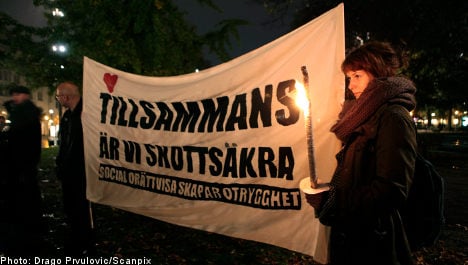
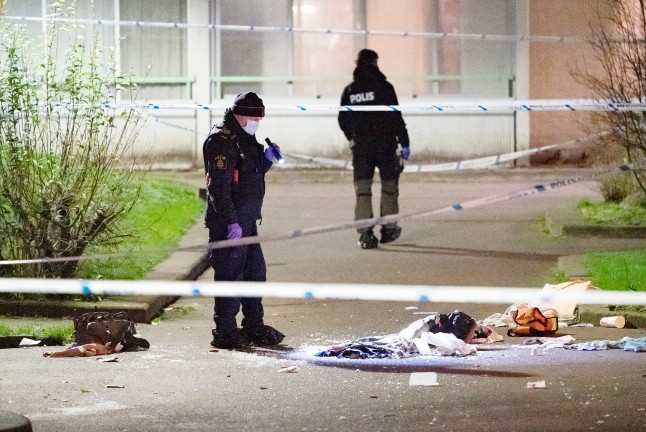
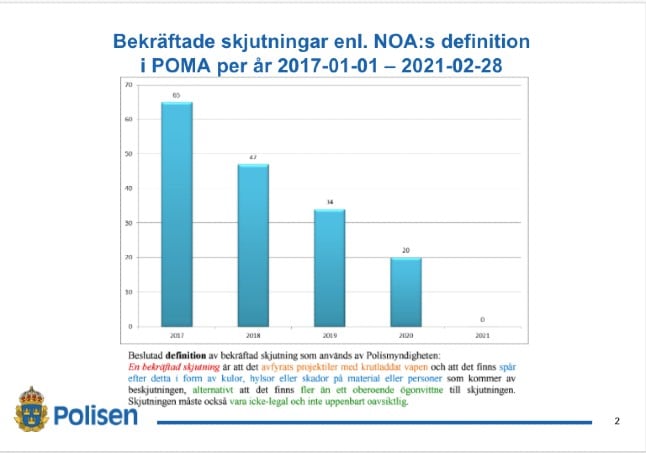
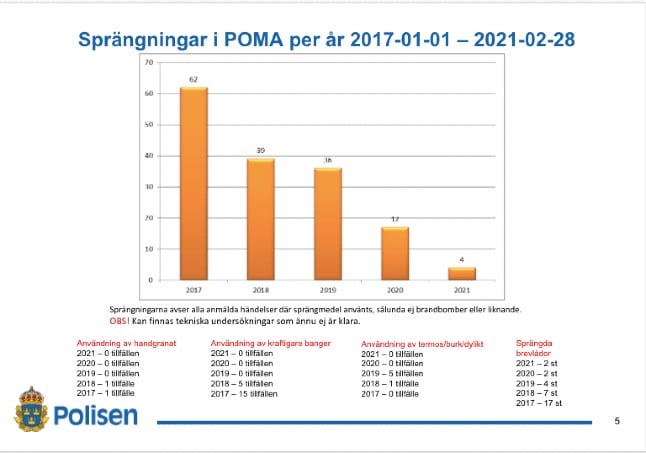
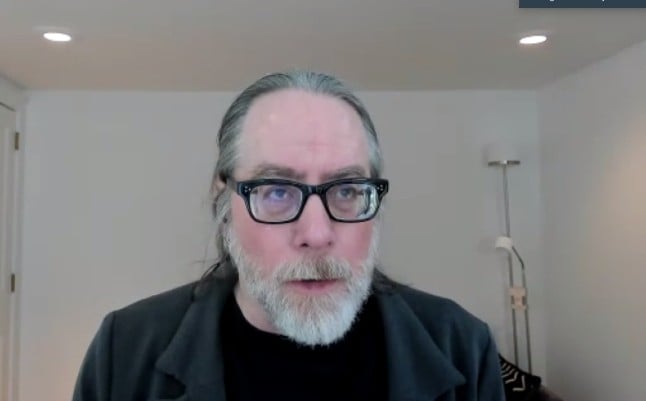
 Please whitelist us to continue reading.
Please whitelist us to continue reading.
Member comments